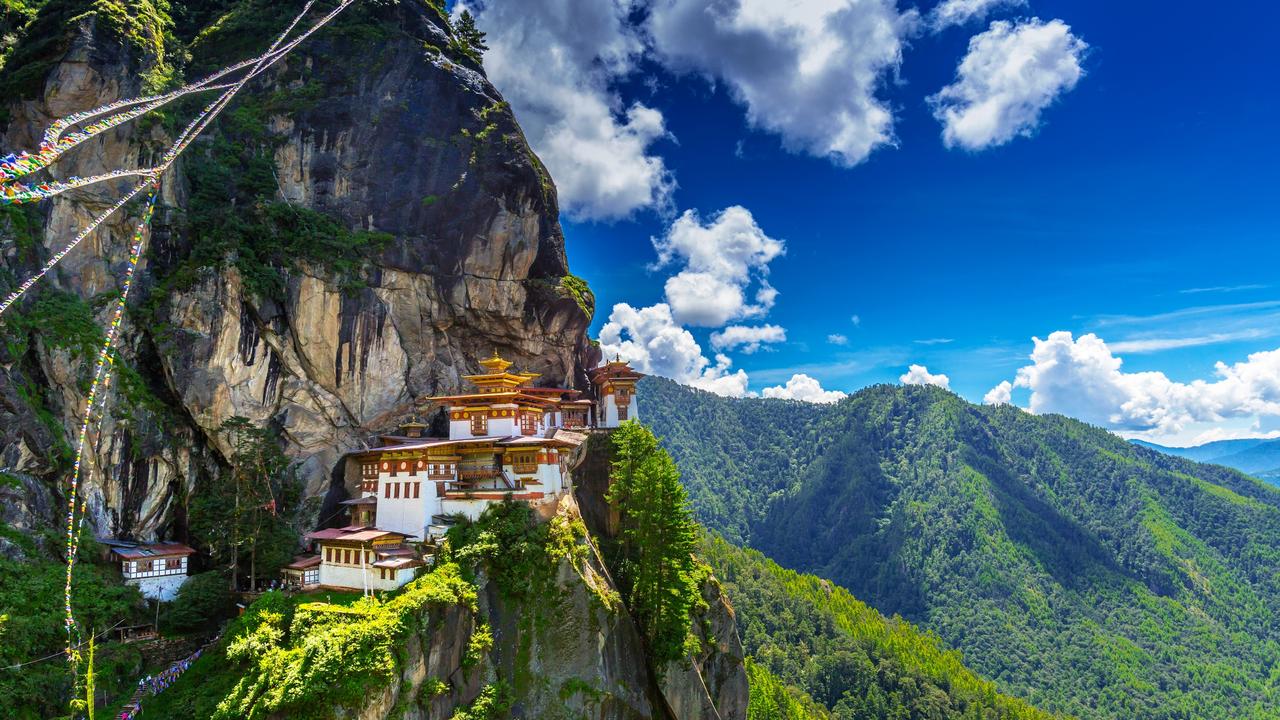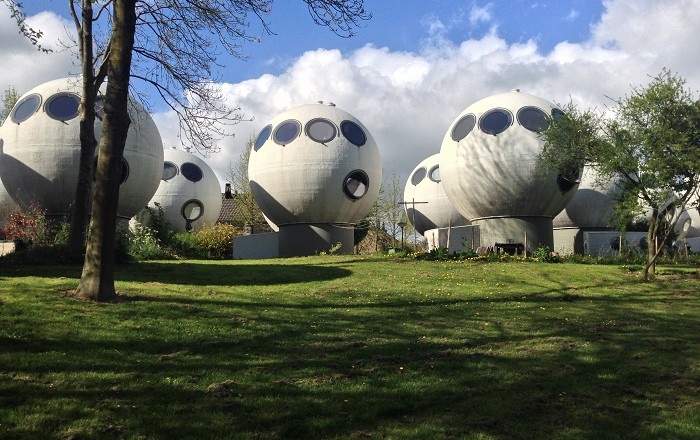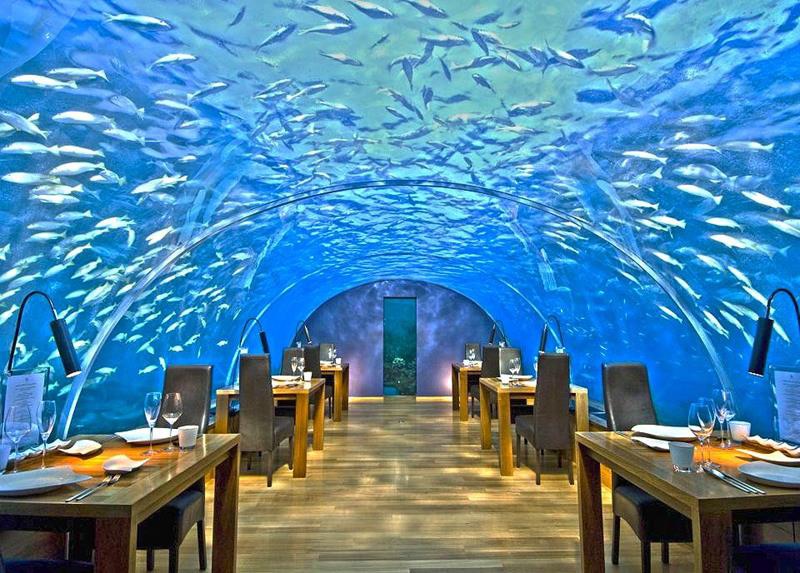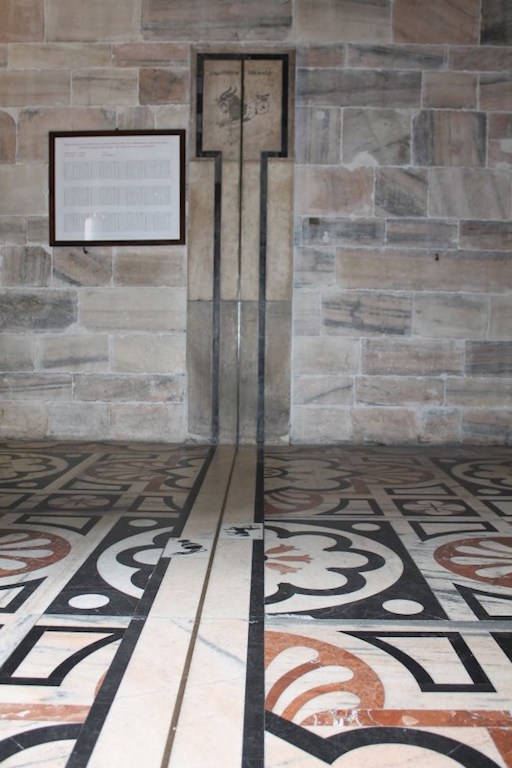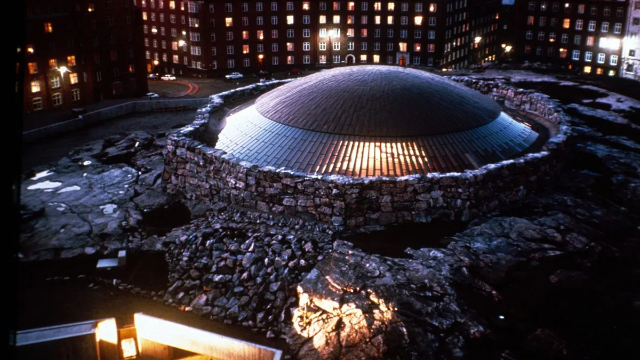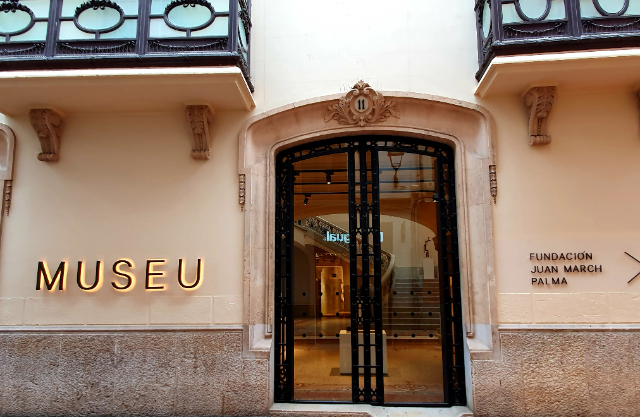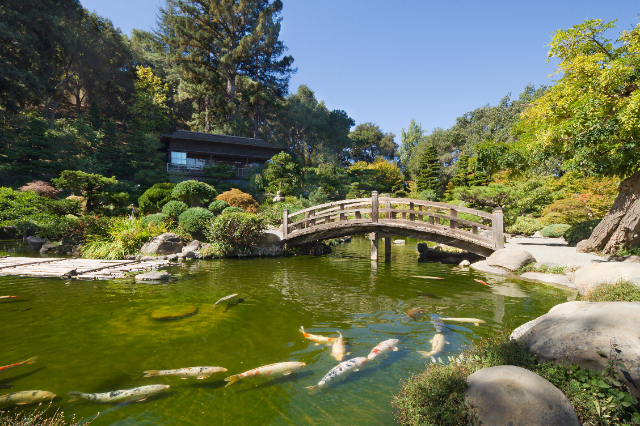Bhutan is a small mountain climbing state bordering India and China. Also called the "Land of the Flying Dragon", it has a truly unique history. Closed to the rest of the world until 1974 it is gradually beginning to attract a curious and selected tourism. Its isolation from the rest of the world has given it a truly unusual character and connections are still essential. You will arrive, in fact, with the only airline authorized to operate on national soil (Druk Air, Bhutanese flag carrier) and you will be taken care of by a guide who will follow you step by step until your departure. The Bhutanese government itself will select your place of stay. In Bhutan the climate is influenced by altitude. You will therefore find a subtropical climate in the plains and progressively colder as you climb the slopes of the Himalayas. In addition, this territory is influenced by the summer monsoon, which brings rainfall and cloudiness spread over almost six months of the year.
The best periods to visit the mountainous part are, therefore, the intermediate seasons. In particular March and April, and the period from mid-October to mid-November. Bhutan is, even today, a constitutional monarchy. The king, called Druk Gyalpo (Dragon King), is Jigme Khesar Namgyal Wangchuck, who ascended the throne in 2006 after the abdication of his father King Jigme Singye Wangchuck. The Royal Advisory Council, whose members are appointed as directors, supports him in the exercise of power. The characteristic Bhutanese approach of maximizing Gross National Happiness proposed by King Jigme Singye Wangchuck in the 1970s is the guiding principle of development. It forms the basis for identifying the direction to be preferred over others and has governed efforts to improve standards of living, including spiritual well-being and the preservation of cultural values and the physical environment.
The concept proposed by the king indicates that development consists of more dimensions than those associated with Gross Domestic Product and that development should be seen as a process that seeks to increase happiness rather than economic growth. Gross Internal Happiness places the person at the center of development by recognizing that the individual has needs of a material, spiritual and emotional nature.
